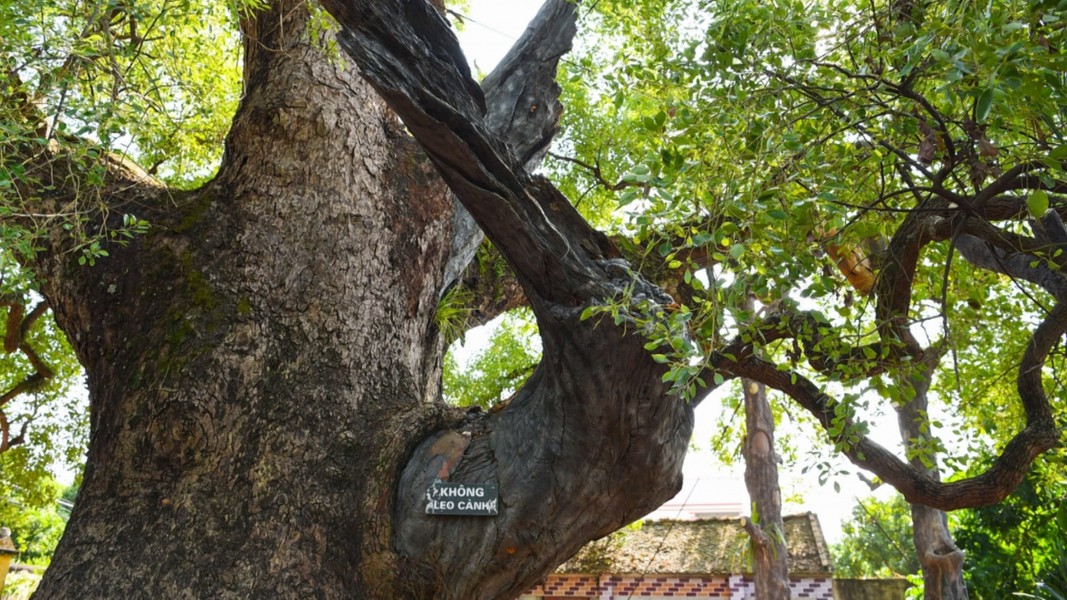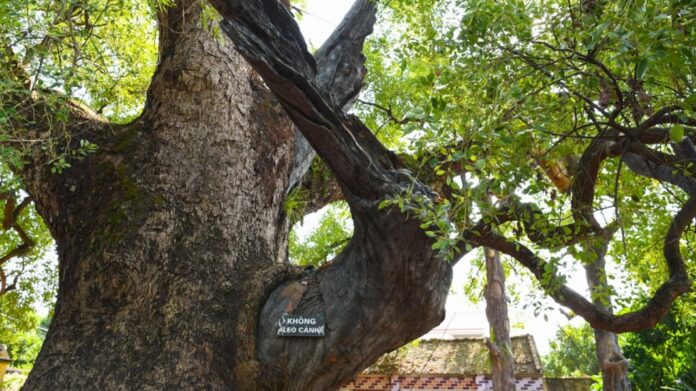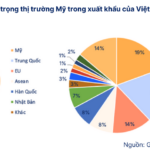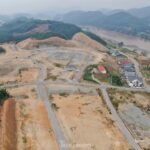The Sacred Ancient Tree with a History of Over a Thousand Years
In Tien Luc, Bac Giang province, a agarwood tree (also known as wild cinnamon) with a history of over 1,000 years is becoming a precious natural symbol of Vietnam.
Apart from its impressive longevity, the tree was also bestowed with the title of “National Lord of Woods, Wild Great King” by King Le Kinh Hung and was ranked as a National Relic in 1989.
The agarwood tree in Tien Luc is one of the two oldest trees of its kind in the world, with a girth of over 8 meters, a height of about 30 meters, and a large canopy, creating a majestic landscape. This natural symbol holds both historical and cultural value and is ecologically significant.
According to local people, the tree has been present since the reign of King Le Kinh Hung (1740–1786), was bestowed with a sacred title, and has been strictly preserved for hundreds of years.
This is one of the few ancient trees that are strictly protected, reflecting the community’s and the government’s respect for this precious natural heritage.

Agarwood tree in Tien Luc, Bac Giang Province
Economic, Ecological, and Forest Conservation Value
Forestry expert Nguyen Van Bien, Director of Tam Dao Nursery Center in Vinh Phuc, shared that agarwood is a valuable forestry tree that is encouraged to be planted for timber and as a construction tree in many areas today.
Agarwood, belonging to the gù family, is characterized by its fragrant essential oil derived from its leaves, which effectively repels insects. The tree is highly valued for both its medicinal and economic properties.
When planted as a construction tree, the ideal distance is 1-1.5m/tree, and for timber production, the distance should be 3-4m/tree, according to Mr. Bien.
Agarwood is a large tree with a wide canopy and a well-developed root system, capable of firmly holding the soil on hillsides, preventing erosion, and protecting the topsoil. Its dense canopy helps retain moisture in the soil, regulates temperature and humidity, and creates a favorable environment for biodiversity.
The tree also plays a crucial role in absorbing CO₂, releasing oxygen, and purifying the air. The essential oil derived from agarwood has antibacterial properties, helping to cleanse the surrounding environment. Thus, it is an ideal construction tree for urban areas and street shading.
Cultural and Spiritual Value
Agarwood is also considered a sacred tree in Vietnamese culture and in many Asian countries such as India, China, and Japan. It is planted in temples as a symbol of warding off evil spirits and bringing positive energy. The presence of the tree also symbolizes longevity, stability, and purity.
Apart from its feng shui and forestry significance, Mr. Bien shared that agarwood is also known for its medicinal properties, offering various health benefits.
– Leaves: The strongly scented leaves are used to repel insects and support the reduction of cough and cold symptoms when used in steam inhalation.
– Fruits: Used in traditional medicine to support the treatment of respiratory and digestive issues.
– Tree trunk: The durable and termite-resistant wood is used for making furniture and feng shui items.
– Roots: Rich in essential oils, the roots support the treatment of joint pain and reduce inflammation.
In traditional medicine, agarwood is used externally for disinfection, inflammation reduction, and stimulation of the heart muscle. Its essential oil is also used in the industry as a solvent, for extracting active ingredients, and for manufacturing insecticides.
Modern medicine recognizes the stimulating effects of agarwood essential oil on the nervous system, respiratory and circulatory systems, and its stimulation of the gastric mucosa to enhance digestion.
Preserving and developing agarwood trees contributes not only to the economic development of the forestry industry but also to environmental protection, biodiversity conservation, and the preservation of the country’s long-standing cultural and historical values.
“US Tariffs Threaten FDI Appeal: Is Industrial Real Estate at Risk?”
The recent announcement of tariffs by the US, imposing up to 46% on exports from Vietnam, presents a significant challenge for various economic sectors, particularly industrial real estate. This industry has traditionally thrived on foreign direct investment and the demand for expanded production capabilities.
Get Up to 50% Cashback with Lionbank Visa
“The Liobank Visa card, a powerful collaboration between digital bank Liobank and payment technology leader Visa, has been making waves in the market just two months after its launch. With its innovative features and exclusive benefits, the card has elevated the spending experience for customers, offering them unparalleled convenience and rewards of up to 50% on their transactions.”
Illegal USD Transactions in Vietnam: Heavy Fines Await
The proposed fines aim to deter individuals from engaging in unauthorized currency transactions. The maximum penalty for buying or selling foreign currency between individuals or with unapproved institutions is a hefty sum, ranging from 80 to 100 million VND.











































